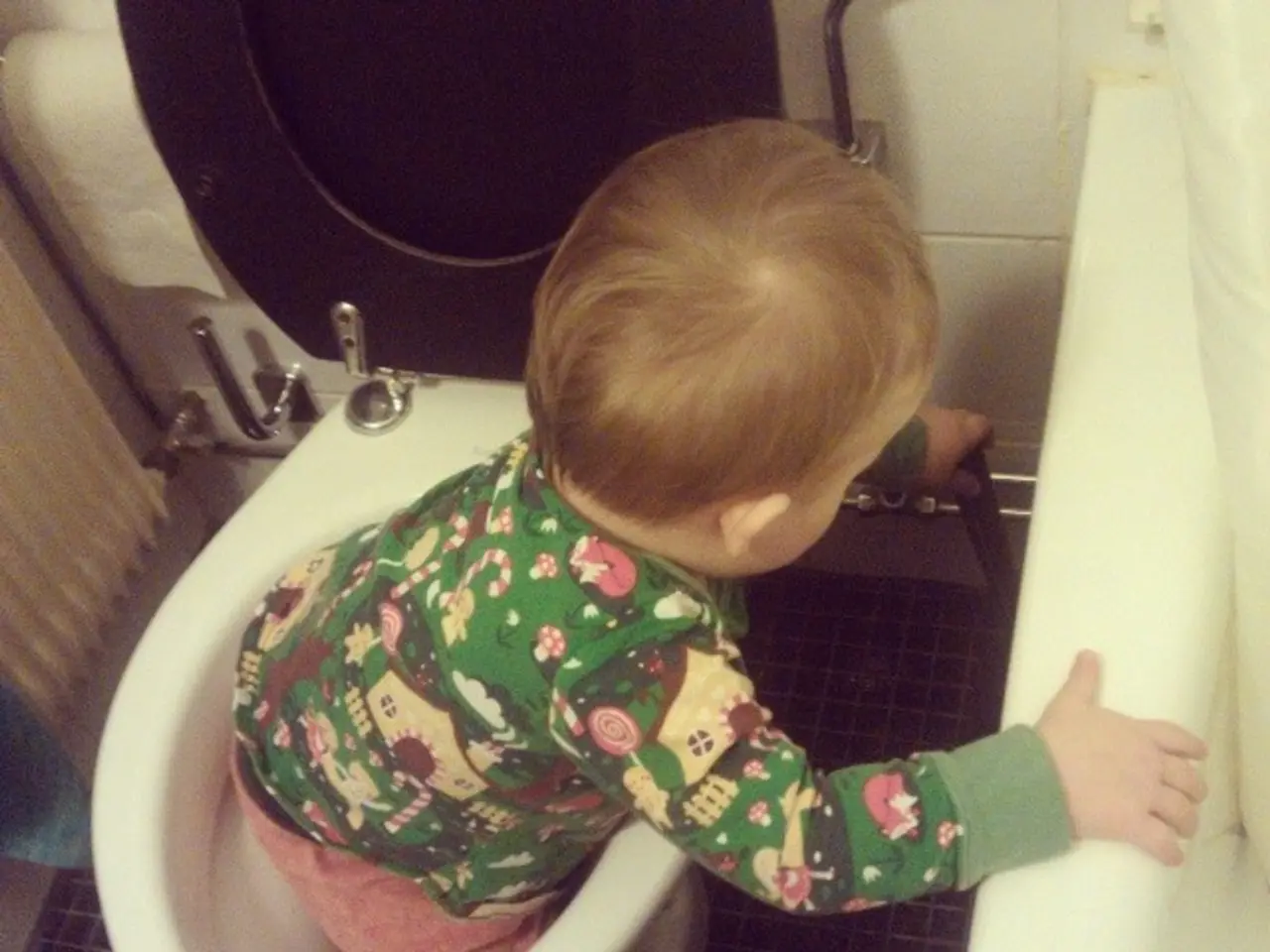Managing GERD in Infants: Balance Non-Drug & Cautious Medication Use
Gastroesophageal Reflux Disease (GERD) in infants can be managed through simple feeding habit changes and, if necessary, medication. However, consulting a pediatrician is crucial before trying home remedies or starting medications.
Initially, parents can try non-pharmacological measures such as burping more frequently and keeping their baby upright after feeds. If symptoms persist, medications may be considered. Gastric antisecretory agents like H2RAs (H2 blockers), including Famotidine, are generally safe but not recommended for long-term use. PPIs (Proton Pump Inhibitors), like Esomeprazole, are more effective but have risks and are not officially approved for general use in infants under one year old. Both H2RAs and PPIs may increase infection risks and prolonged PPI use can affect calcium absorption. Mucosal surface barriers, like Gaviscon Infant, protect the esophagus but may cause constipation or diarrhea. Overprescription of acid suppressants is a concern due to potential short-term and long-term health risks.
Managing GERD in infants involves a balance between non-pharmacological measures and cautious medication use. Always consult a pediatrician before trying home remedies or starting medications. The risks and benefits of each treatment option should be carefully considered to ensure the best outcome for the infant.
Read also:
- Is it advisable to utilize your personal health insurance in a publicly-funded medical facility?
- Harmful Medical Remedies: A Misguided Approach to Healing
- Can the flu vaccine prevent stomach issues mistaken for the flu? Facts about flu shots revealed.
- Struggling Health Care Systems in Delaware Grapple with the Surge of an Aging Demographic







